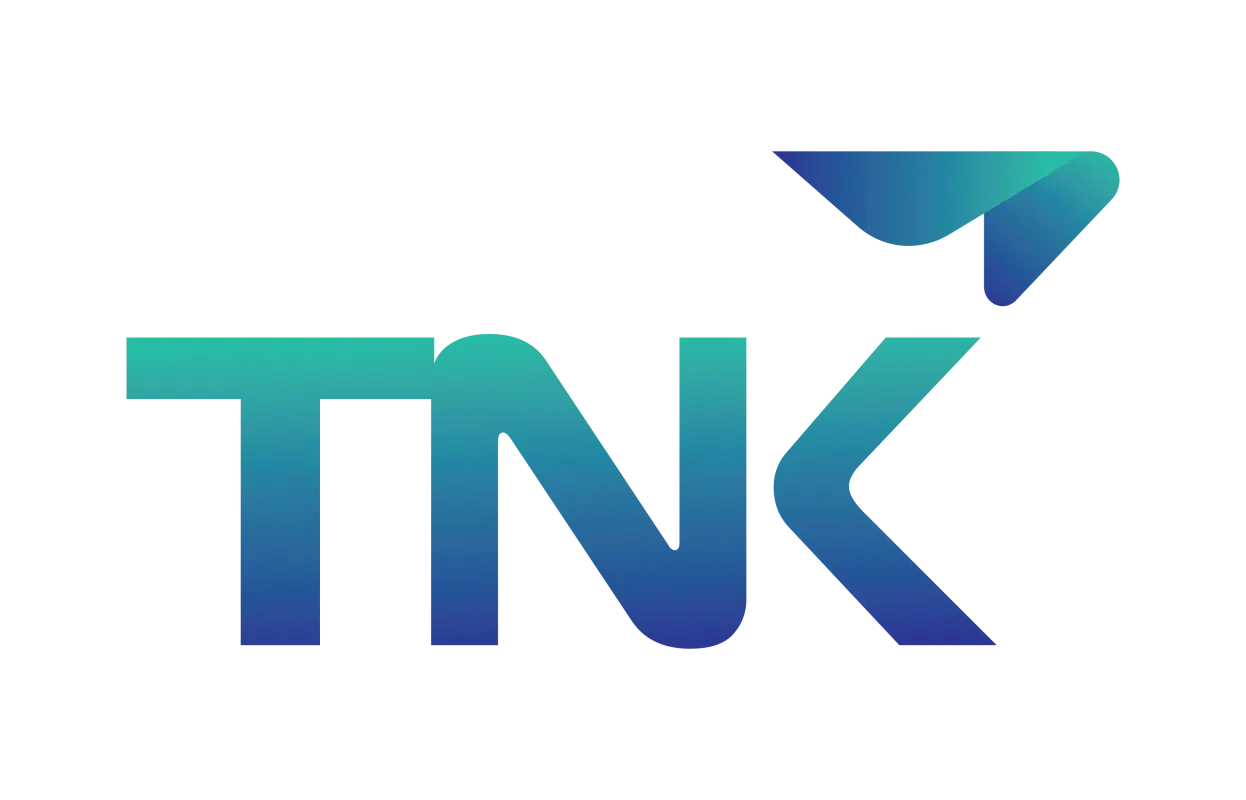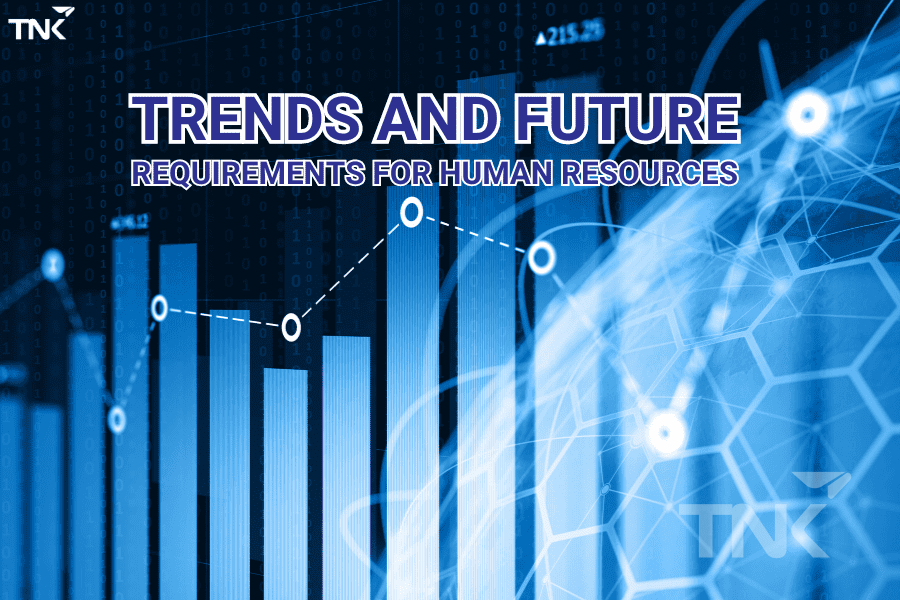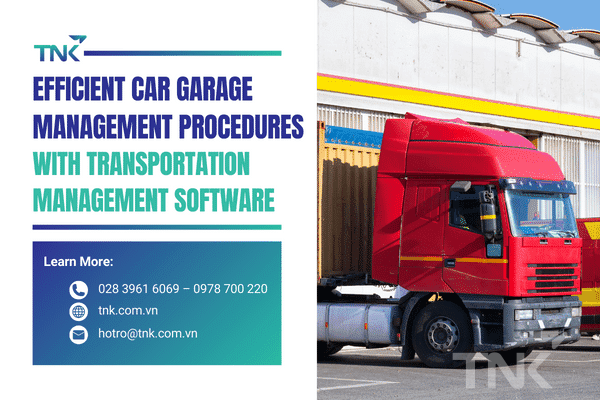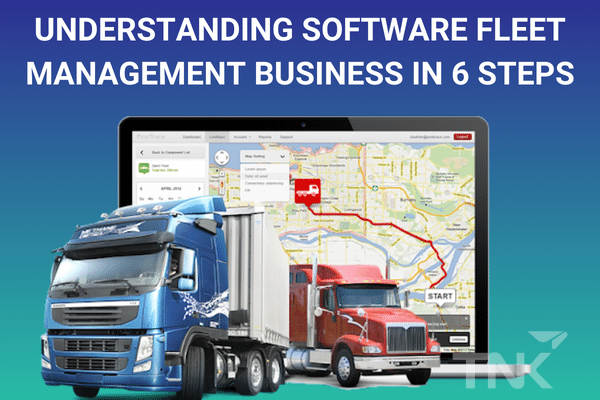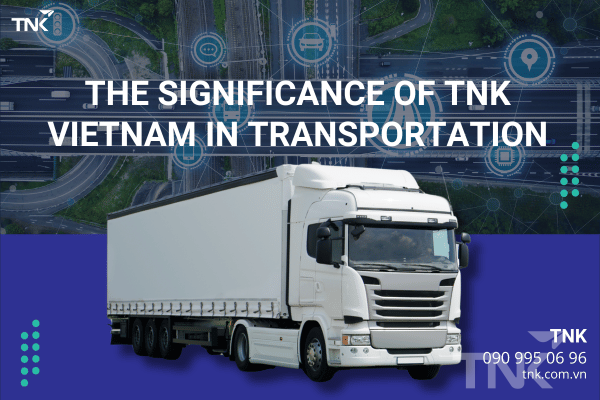The transportation industry, like many other industries, is experiencing particularly rapid upheaval due to the emergence and strong adoption of technology. To maintain and develop in the 4.0 industrial era, investing in training future transportation human resources is of utmost importance.
In this article, TNK will join you in analyzing trends, needs, and effective approaches to ensure that the transportation industry has human resources that are dynamic enough and ready to face new challenges.
The importance of developing and training transport human resources in the future
Human resource training in the transportation industry plays an important and undeniable role in the context of industrial transformation and strong technological development. Below are some comments on the importance of human resource training in the transportation industry:
Enhance competitiveness
Human resource training helps improve the skills and knowledge of employees, from drivers to managers, enhancing the competitiveness of businesses in the future transportation market.
Facing the challenges industry 4.0 brings
Industry 4.0 is changing the way the transportation industry operates. Human resource training helps employees adapt to new technologies such as automation, artificial intelligence Blockchain technology, and Internet of Things (IoT).
Performance management and cost optimization
Trained human resources are capable of managing performance and applying technology to optimize costs in transportation operations, from fleet management to delivery processes.
Improve traffic safety
Trained employees can clearly understand traffic safety and apply safety measures, helping to reduce accidents and increase safety in transportation operations.
Respond to rapid customer changes
Customers demand increasingly diverse and flexible transportation services. Trained employees are able to respond quickly to changes and new requests from customers.
Build a team that operates well modern management technologies in the system
Human resources training helps employees gain a deep understanding of technologies and equipment in the transportation industry, from navigation systems to data management, helping them use these tools effectively.
Contribute to building the image and reputation of the business
Well-trained human resources not only increase service quality but also contribute to building a positive image and reputation of the business in the community and market.
Future trends and needs for transportation human resources
To meet increasing market demands and take advantage of technological developments, workers in the transportation industry need to equip themselves with new skills and understanding. Below are some skill trends needed by workers in the future transportation market:
Digital Skills
Today, with the explosion of digital technology, digital skills have become a key factor for transportation human resources. From managing data to using smart transportation management systems, employees need to master these skills to adapt to an increasingly digital work environment.
Deep understanding of future cars
Self-driving cars and the use of renewable energy are becoming irreversible trends in the transportation industry. Workers need to understand how to operate and maintain these vehicles, as well as knowledge about clean and efficient energy.
International communication and interaction skills
Transport not only exists within the national framework but also runs along international routes. Workers need to be able to communicate effectively not only in their native language but also in other common languages and have a deep cultural understanding to work effectively in diverse environments.
Ability to continuously learn and self-manage
With technology and work environments rapidly changing, workers need to be able to continuously learn. At the same time, they also need to manage their own careers, seek training and career development opportunities so that they are never lost in the fluctuations of the labor market.
Flexible and willing to adapt
With the diversity of jobs in the transportation industry, workers need to be flexible and willing to adapt to changes. This includes the ability to work with new technologies, while also being willing to change career direction if necessary.
Effective approach to human resource training
To approach effective human resource training in the transportation industry, businesses and organizations can apply the following strategies and methods:
Determining training needs
First, a comprehensive assessment of the training needs within the organization needs to be conducted. Clearly identify the skills, knowledge and abilities that employees need to master to ensure high performance at work.
Detailed training plan
Based on identified needs, develop a detailed training plan. Clearly define training subjects, content, time and methods. Ensure that the training program is designed to be flexible to adapt to fluctuations in the transport industry.
Use online technology
Leverage technology to deliver effective training. The E-learning system helps employees learn online, remotely, and according to their flexible schedules, minimizing work interruptions.
Cooperate with official training center
Consider partnering with official training centers or professional organizations in the transportation industry. Provides the opportunity to quickly learn the latest skills from experienced professionals.
Create continuous learning opportunities
Encourage employees to participate in ongoing training and upgrade their skills. Create opportunities for them to participate in online courses, seminars, and industry events to stay up to date with the latest information.
Conduct internal training
Build internal training programs based on the needs and working conditions of the organization. Use internal resources and knowledge to create specifically tailored training programs.
Create a platform for sharing experiences
Encourage experience sharing between current employees and those with industry experience. Create opportunities for discussions and forums so they can learn from each other.
Evaluate training effectiveness
Conduct periodic evaluations to measure the effectiveness of the training program. This helps identify strengths and weaknesses, and tailor training programs toward maximum performance.
The future of Vietnam’s transportation industry will increasingly develop, along with the demand for quality human resources. Therefore, investing in human resource training becomes extremely important. The article has focused on effective training strategies and methods, ensuring that employees in the transportation industry not only have the necessary skills but are also continuously updated with changes in the industry.
We discussed identifying training needs, using technology and E-learning systems, collaborating with official training centers, creating continuous learning opportunities, conducting in-house training , creating a platform for sharing experiences and evaluating training effectiveness. All are aimed at optimizing the preparation of transport personnel to face the challenges posed.
Training is not only a process of imparting knowledge but also a journey to create team transport experts, ready to face any situation and shape the future of the industry. In this way, the transportation industry can not only maintain but also develop sustainably in a turbulent era.
TNK Technology and Solution Company Limited
Address: 137 Luy Ban Bich, Tan Thoi Hoa Ward, Tan Phu District, HCMC
Hotline: 028 3961 6069 – 0978 700 220
Email: hotro@tnk.com.vn
Website: tnk.com.vn
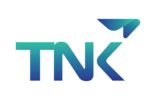
Working in a unit specializing in providing support software for the TNK transportation sector. With a deep understanding of the industry and proficiency in technology, we are committed to providing reliable information and solutions, helping readers feel confident and secure in the process of learning and applying technology. into the transportation sector.
